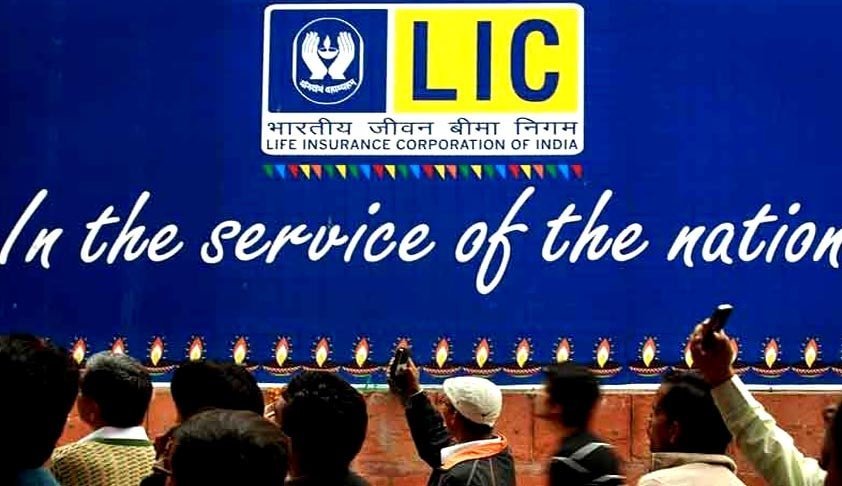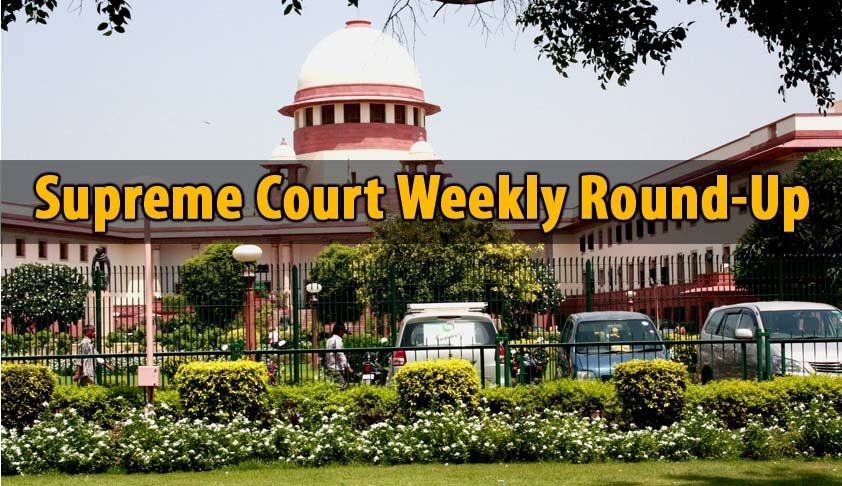Supreme Court of India today has agreed to review its 2013 Judgment which declared Medical Council of India’s (MCI) and Dental Council of India’s (DCI) notification for holding common entrance test called National Eligibility Entrance Test (NEET) for MBBS, BDS and post-graduate medical courses is ultra vires the Constitution.
The Centre and the Medical Council of India (MCI) have approached [PETITION] the Supreme Court for review of the judgment declaring the single National Eligibility-cum-Entrance Test (NEET) as unconstitutional.
It was on 18th July 2013, Justice Altamas Kabir delivered the majority judgment along with Justice Vikramajit Sen and Justice Anil R Dave delivered a separate dissenting judgment in the Case.
The Court’s decision came on 115 petitions challenging the MCI and DCI notification on NEET for admission to MBBS & BDS and post-graduate medical courses conducted in colleges across the country. The bench had earlier directed transfer of all petitions pending in various courts to it by January 15, this year and all the petitions were considered together, Christian Medical College, Vellore v. Union of India being the lead matter.
Justice Kabir said in the majority judgment,
“We have no hesitation in holding that the “Regulations on Graduate Medical Education (Amendment) 2010 (Part II)” and the “Post Graduate Medical Education (Amendment) Regulation, 2010 (Part II)”, whereby the Medical Council of India introduced the single National Eligibility-cum- Entrance Test and the corresponding amendments in the Dentists Act, 1948, are ultra vires the provisions of Articles 19(1)(g), 25, 26(a), 29(1) and 30(1) of the Constitution, since they have the effect of denuding the States, State-run Universities and all medical colleges and institutions, including those enjoying the protection of the above provisions, from admitting students to their MBBS, BDS and Post-graduate courses, according to their own procedures, beliefs and dispensations, which has been found by this Court in the TMA Pai Foundation case, to be an integral facet of the right to administer.”
Justice Kabir further said,
“We also have no hesitation in holding that the Medical Council of India is not empowered under the 1956 Act to actually conduct the NEET.” Justice Dave began his dissenting judgment saying, “I have carefully gone through the elaborate judgment delivered by the learned Chief Justice. After going through the judgment, I could not persuade myself to share the same view. As the learned Chief Justice is to retire within a few days, I have to be quick and therefore, also short. Prior to preparation of our draft judgments we had no discussion on the subject due to paucity of time and therefore, I have to express my different views.”
Justice Dave in his judgment noted,
“If the NEET is conducted under the supervision of the apex professional body, it would inspire confidence in the system and in that event, the selection of the students for admission to the medical profession would be on merit based selection. No extraneous consideration would come into play in the process of selection. The process of selection would not be influenced by irrelevant factors like caste and creed, community, race, lineage, gender, social or economic standing, place of residence – whether rural or urban, influence of wealth or power; and admission would be given only to the students who really deserve to be well qualified physicians or dentists. Thus, there would not be any discrimination or influence in the process of selection.”
Rebutting the minority rights argument, Justice Dave said, “From and among those students, who have secured prescribed qualifying marks, the concerned institutions, who want to give priority to the students belonging to a particular class or caste or creed or religion or region, etc. would be in a position to give preference to such students in the matter of their admission to the concerned medical college. Thus, the purpose with which the Articles 25, 26, 29, and 30 are incorporated in our Constitution would be fully respected and implemented.”
Justice Dave also held the view that the MCI and the DCI are entitled to regulate the admission procedure by virtue of the provisions of their respective Acts, which enable them to regulate and supervise the overall professional standards. Justice Dave concluded by noting that, “If only one examination in the country is conducted and admissions are given on the basis of the result of the said examination, unscrupulous and money minded businessmen operating in the field of education would be constrained to stop their corrupt practices and it would help a lot, not only to the deserving students but also to the nation in bringing down the level of corruption.”
Source : Livelaw





